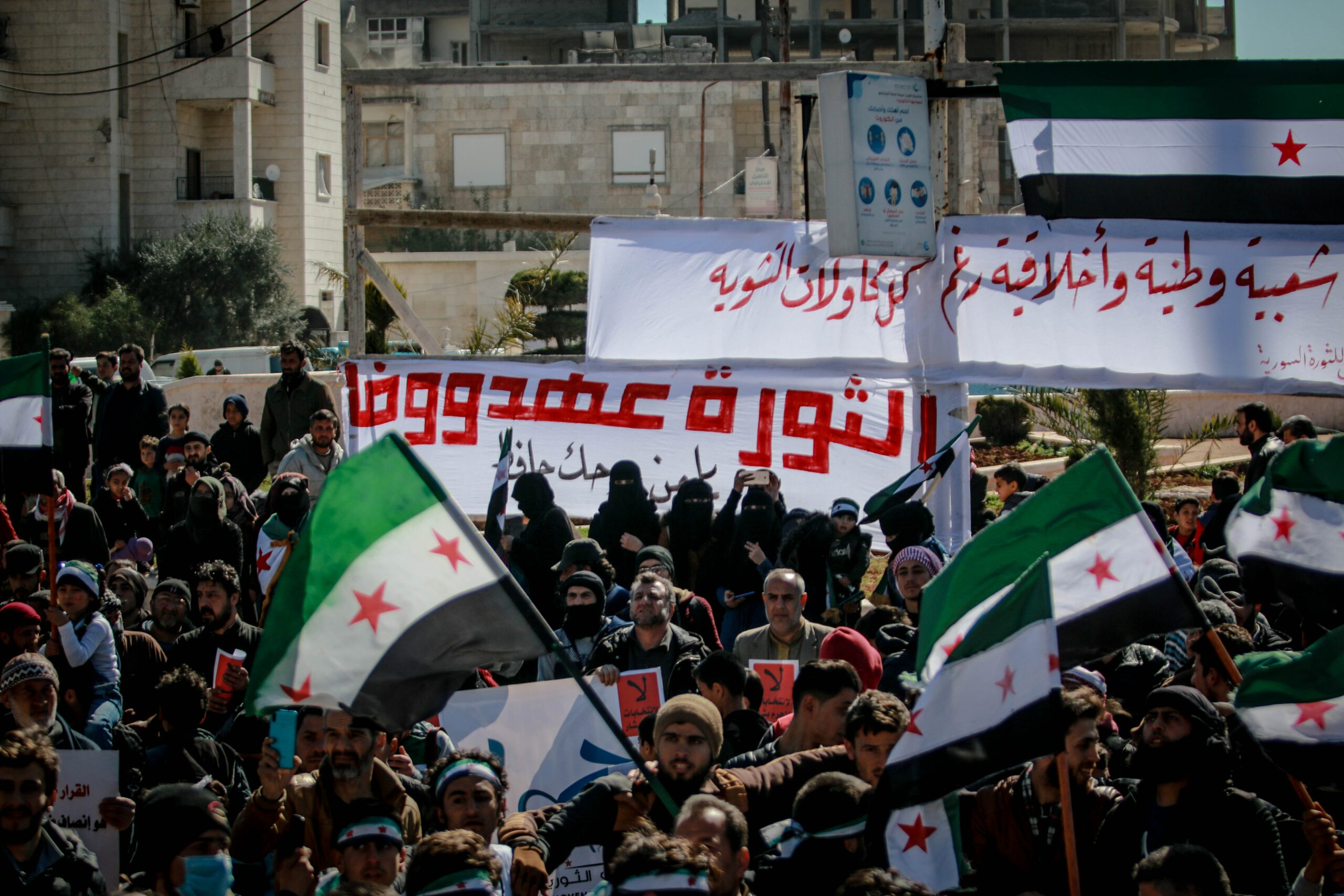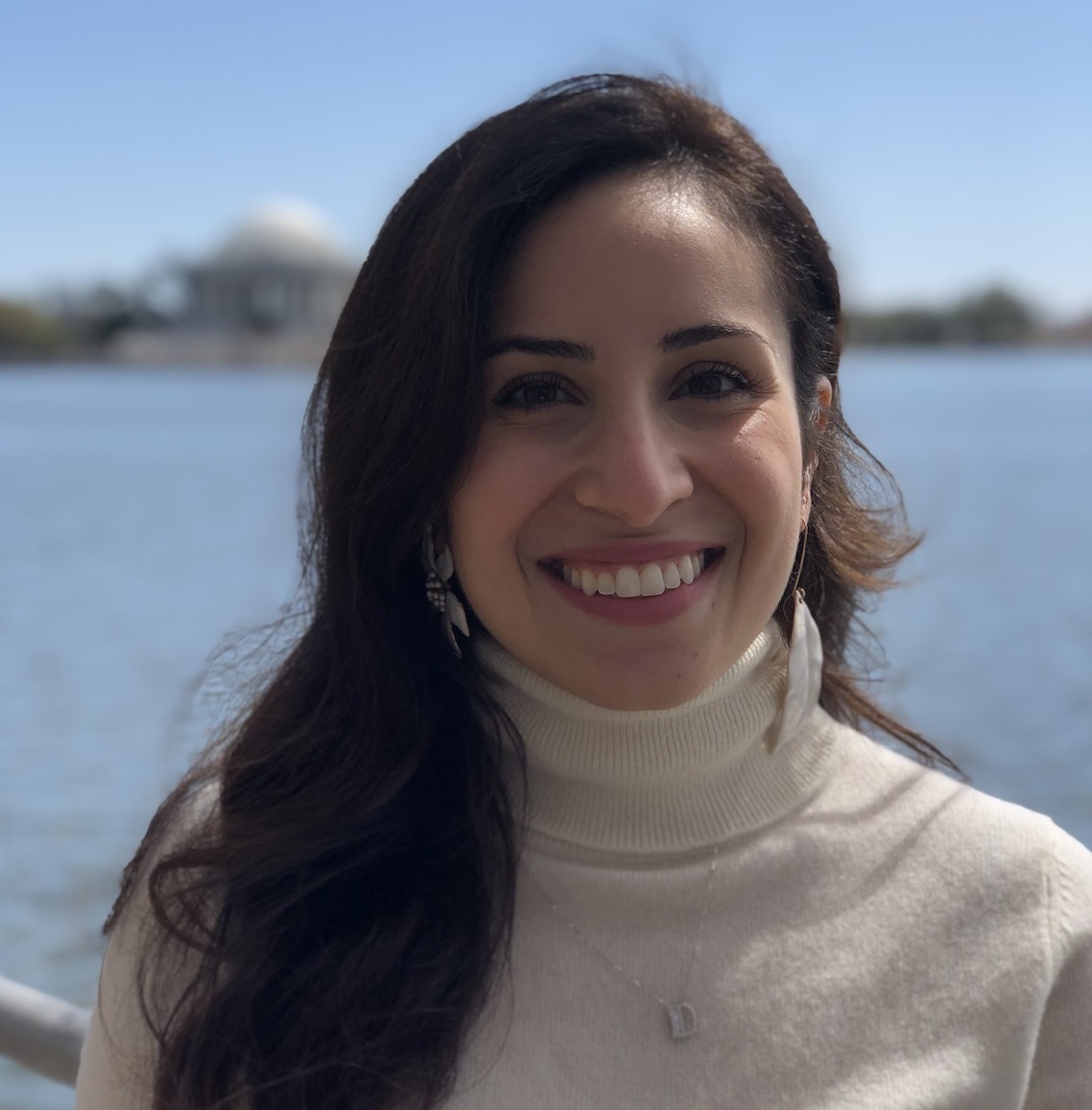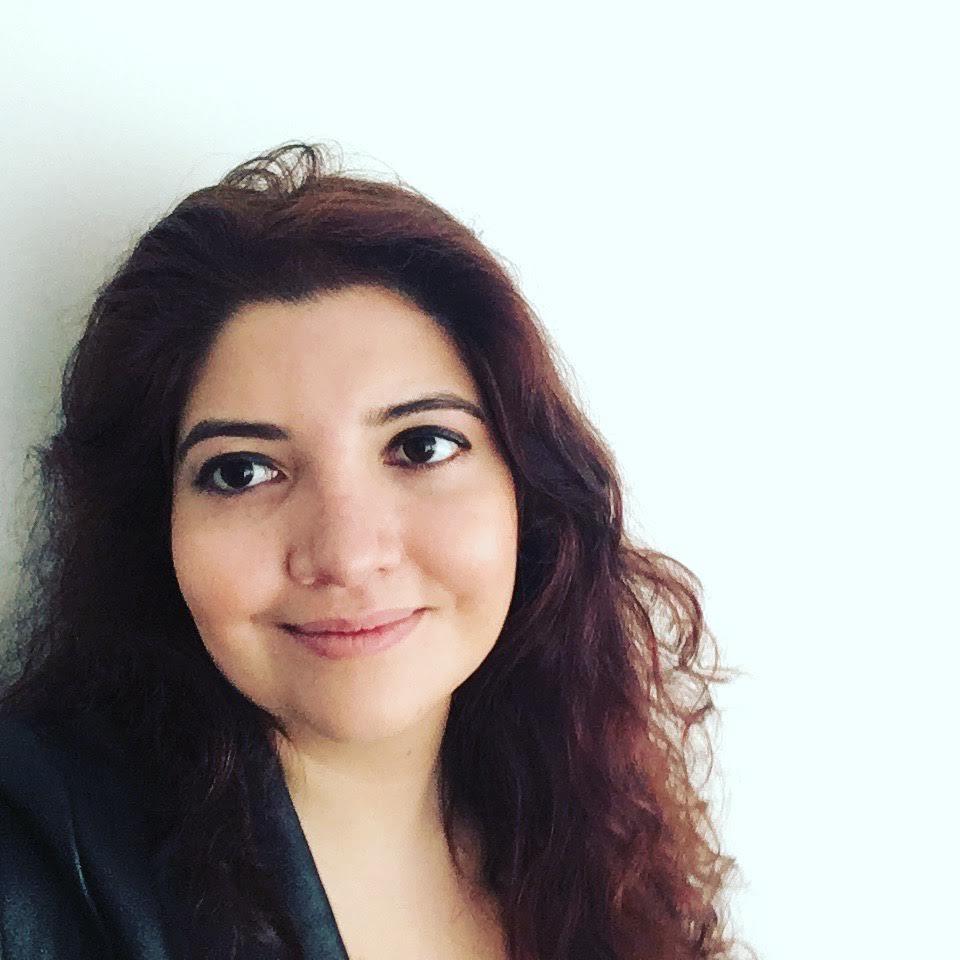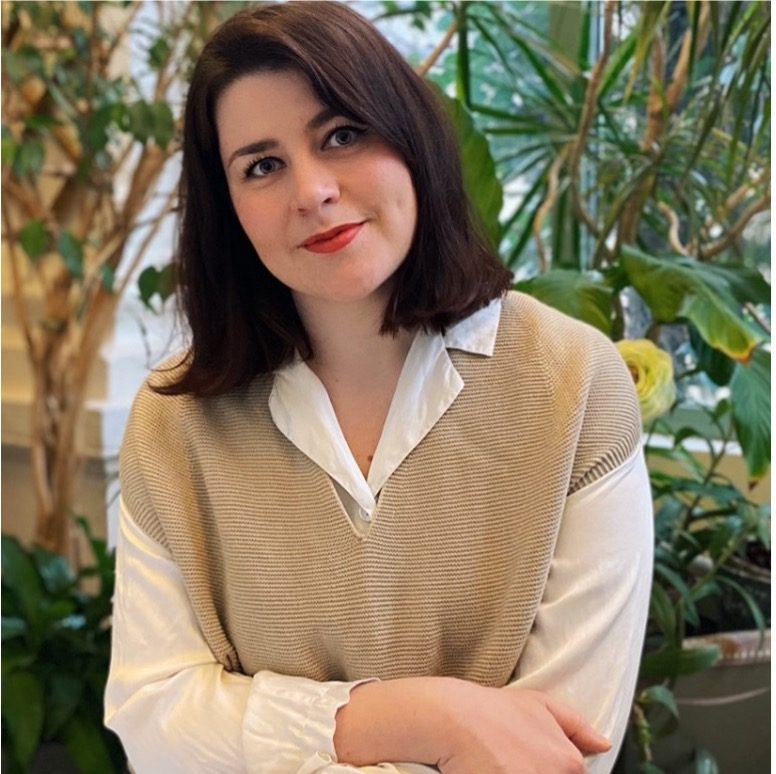
Wafa Mustafa
As we mark 12 years since the Syrian revolution, policymakers must prioritize accountability for human rights violations in Syria and the role of families of detainees. Advocacy efforts led by families of detainees are essential to shaping accountability processes. Efforts to hold the Assad regime accountable for torture, detention, and enforced disappearances have been ongoing, with the majority of cases filed in Europe. The work families of detainees are doing is crucial in ensuring the voices of those affected by enforced disappearances are heard in policy discussions. The challenges faced by forcibly displaced advocates and the need for support to ensure their meaningful participation must also be addressed.
It is imperative for the international community to prioritize human rights and hold those responsible for violations accountable. By prioritizing the perspectives of families of detainees and supporting them, policymakers can work toward ending impunity and preventing similar atrocities from occurring in the future. The voices of those most affected by the conflict must be centered in shaping policies and initiatives that impact their lives. Only then can we begin to address the ongoing human rights crisis in Syria and work toward a more just and peaceful future for all Syrians.
Wafa Mustafa is a Syrian journalist and human rights defender.
Noura Ghazi
This week marks the 12th anniversary of the Syrian revolution, which sadly turned into an armed conflict, considered to be one of the most complicated conflicts in the world according to experts in law and politics.
It is very hard now to count how many flags there are on Syrian land, and how many victims were and are still subjected to multiple types and levels of violations.
We Syrians are getting more frustrated, disillusioned, and pessimistic about what is next. We are filled with disappointment.
The international community should know that Syria is not a safe country. It should realize that Syrians do not feel safe not only because of conflict, but because they are scared of being detained or forcibly disappeared.
Syrians still try to flee the country and still need to reach safety. Unfortunately, reaching other countries—both neighboring and asylum countries—is becoming more difficult, sometimes impossible.
Syrians inside Syria lack basic goods and services such as electricity, water, fuel and internet. These have all become a luxury for most.
Syrians in neighboring countries are subjected to discrimination, racism and poverty.
Syria and its people still need you to keep your eyes on it—the fact that the world is full of conflicts and crises should not mean that policymakers forget any other countries or their people.
Noura Ghazi is a former Nonresident Fellow at TIMEP and a human rights lawyer, CEO of Nophotozone.
Diana Rayes
The Syrian conflict has led to the largest displacement situations in recent history and continues to be one of the worst humanitarian crises. Over 6.7 million Syrians are internally displaced, and approximately 14.6 million are in need of humanitarian assistance. The aftermath of the earthquake in February 2023 has exacerbated the humanitarian situation across the country, particularly in northwest Syria.
A large majority of Syrian refugees are in neighboring countries including Jordan, Lebanon, and Turkey. Economic conditions in these countries have deteriorated significantly in the last few years, leading to severe disparities in the provision of adequate support and protection for refugees. The protracted nature of their stay has led to significant Syrian refugees’ discrimination across host countries, and contributed to sociopolitical turmoil and backlash against them in contexts like Lebanon, Turkey, Greece, and Denmark, among others.
The situation in Syria is at an all-time low. Syrian nationals, and especially young people, do not see a future for themselves in the country, and are aspiring to leave in order to guarantee their futures.
The resettlement of Syrians is essential in order to guarantee the safety and security of those fleeing conflict, poverty, and the Syrian regime’s human rights violations. According to the UNHCR, over 610,000 Syrians will be in need of resettlement in the coming years. Countries with long-term prospects for citizenship, such as the U.S., Canada, and other parts of Europe, have the infrastructure to feasibly integrate Syrian refugees by providing access to employment, housing, and education.
Diana Rayes is a former Nonresident Fellow at TIMEP and Chair of the Syria Public Health Network.
Mona Zeineddine
As we commemorate the 12th anniversary of the Syrian revolution, it is critical to note that while all of Syrian society has been affected and many have suffered violations, the impacts felt by individuals have not been the same because of people’s different positionalities and access to resources.
While men and women have both endured aerial bombardment, forced displacement, enforced disappearance, and chemical attacks, among other violations, women have experienced these crimes differently because of systemic inequities that predated the 2011 revolution.
As such, we must continue to consult women activists and women-led initiatives, as well as other marginalized groups working close to the ground to better gauge the emergent demands and priorities and to ensure that their specific needs are adequately met. The earthquake, the harms of which have been compounded by the 12 years of conflict and the Syrian regime’s draconian policies, are also currently affecting women in particular ways. Any effective alleviation measures will require the centering of agendas on communities most affected.
Mona Zeineddine is a Nonresident Fellow at TIMEP focusing on gender transformative justice in Syria.
Salma Daoudi
One of the many legacies of the counter-revolutionary violence exercised against Syrian lives and cities over the past years has been the entrenchment of protracted health insecurity across the country. The targeted destruction of health facilities, the persecution of health personnel, and the restrictions hampering opposition-held areas’ access to medical aid have essentially eroded the resilience of the now heavily fragmented health system. The latter has proven to be profoundly ill-prepared to respond to an epidemic of the scale of COVID-19 or to a natural disaster as devastating as the February earthquake.
Pervasive poverty, malnutrition, insalubrity, and lack of access to clean water are further driving infectious diseases, including tuberculosis and cholera, to increasingly threaten the lives of many inside Syria. Yet the humanitarian response has not only been insufficient, but also subject to politicization and weaponization. Stunted by limited international political and financial attention, the current humanitarian architecture reinforces the regime’s monopoly over humanitarian assistance in ways that deprive a large share of the population from vital aid and compound their health vulnerabilities. Addressing the root causes of health insecurity, reconstructing and strengthening vital civilian infrastructure, and securing equal and stable access to humanitarian assistance are ever-more pressing priorities.
Salma Daoudi is a researcher and Dphil candidate in International Relations at the University of Oxford, specializing in international security and global health, with a regional focus on the Middle East and North Africa.
Muhsen AlMustafa
On the 12th anniversary of the Syrian revolution, the Assad regime, despite committing tens of thousands of violations against the Syrian people, is trying to restore normal ties with the international community by taking advantage of the disaster of the February 6, 2023 earthquake. It seems the Assad regime believes that its crimes may be subject to a statute of limitations.
The international community’s leniency with the Syrian regime and its allies contributed in some way to emboldening Russia to invade Ukraine. This new war also created a new refugee crisis similar to a large extent to the Syrian refugee crisis, adding more pressure on the international community.
Policymakers and human rights defenders must continue to prevent the Assad regime’s push for normalization; the regime should not be given the opportunity to use the disastrous earthquake to their advantage. Instead, new mechanisms for sanctions—especially on the regime’s military leaders—should be put in place. In addition, there should be renewed efforts to bring about justice and accountability for the crimes committed by Assad and his regime.
Muhsen AlMustafa is a Nonresident Fellow at TIMEP focusing on security, military, and governance in Syria.
Veronica Bellintani
Twelve years after the start of the Syrian revolution, the Syrian regime, and other parties to the conflict—albeit to a much lesser extent—have committed crimes against humanity and war crimes against the civilian population. Calls for justice, truth, remedy, and accountability have been loud and clear from the very beginning of the repression by the Assad regime, and 12 years after, the need for justice is more manifest than ever, with millions of Syrians having been victims of human rights abuses.
While being a welcome response, many of the current justice proceedings fall short of providing true victim-oriented justice. Lack of Arabic translation of the proceedings, inadequate outreach to affected communities, the decision by courts to prioritize quick trials over trials that can accurately reflect Syrians’ experiences of harm, the decision to prioritize counterterrorism strategies against European ISIS fighters over the rights to justice and truth of Syrian victims and families, as well the courts’ limited interpretation of international law, have prevented full and effective access to justice and remedy for thousands of Syrians. Moreover, a selective approach to justice continues up to this day, with the Global Coalition’s crimes in Raqqa when it fought ISIS went unpunished, serving as the most prominent example.
International policymakers should make sure that any current or future justice initiative is truly victim-oriented, ensuring a greater and broader access to justice, as well as effective information, outreach, and participation of Syrian victims in the creation and implementation of justice visions for Syria.
Veronica Bellintani is a former Nonresident Fellow at TIMEP and the Senior Legal Officer at the Syrian Legal Development Program.
Suhail Al-Ghazi
A political solution in Syria is still very far away due to the ongoing internationalization of the conflict and the involvement of regional powers. Recent policy trends within the international community favor the interests of the Assad regime rather than those of the Syrian people who seek a political solution and a peaceful transfer of power in accordance with the United Nations Security Council Resolution 2254.
The devastating earthquake on February 6, 2023 highlighted an unprecedented failure on the part of the European Union, the United Kingdom, and the United States, as they were unable to send necessary aid to northwest Syria, instead hiding behind excuses such as the cross-border aid resolution. Western policymakers must work with Syrian civil society organizations and local parties to advance the process of a political solution, rather than accepting deals with the Assad regime from regional countries, as these deals do not reflect the aspirations of the Syrian people.
In addition, a real and sustainable mechanism for delivering aid to northwest Syria must be established without the need to succumb to pressure from Russia and China in the Security Council. Recent reports on mistakes made by some United Nations organizations in Syria have shed light on the importance of reviewing the policies of the United Nations and its organizations in Syria to ensure their impartiality and the delivery of aid, development, and early recovery programs to those in need, while avoiding the Assad regime and other human rights violators from benefiting from international aid.
Suhail Al-Ghazi is a former Nonresident Fellow at TIMEP and an expert on governance and security in Syria.
Elise Daniaud
The tragic earthquake which recently hit Turkey and Syria underlined once more the capacity of Bashar al-Assad to build on any opportunity to abuse, oppress, and inflict extreme levels of violence on the Syrian people. However, despite the country being held hostage by a dictatorial regime which does not legitimately represent its people, international organizations and heads of state have failed to come up with clear stances and efficient policies which differentiate between the majority and its oppressor.
Governments must deal firmly with human rights violations and war crimes, and condemn any sort of rehabilitation of the Assad clan, while coming to the assistance of the population living in abject poverty.
In addition, as more than half of Syrian citizens are displaced and cannot consider returning safely to their homes, international actors must ensure that their partners are respecting international refugee law and not violating human dignity. Special attention should be paid to Turkey, where Syrian refugees are facing the consequences of both the earthquake and the upcoming presidential elections. Finally, European countries must respect the right to asylum and improve their response to the humanitarian visa applications of activists at threat.
Elise Daniaud is a researcher and PhD candidate in Politics at LUISS University, Italy.






